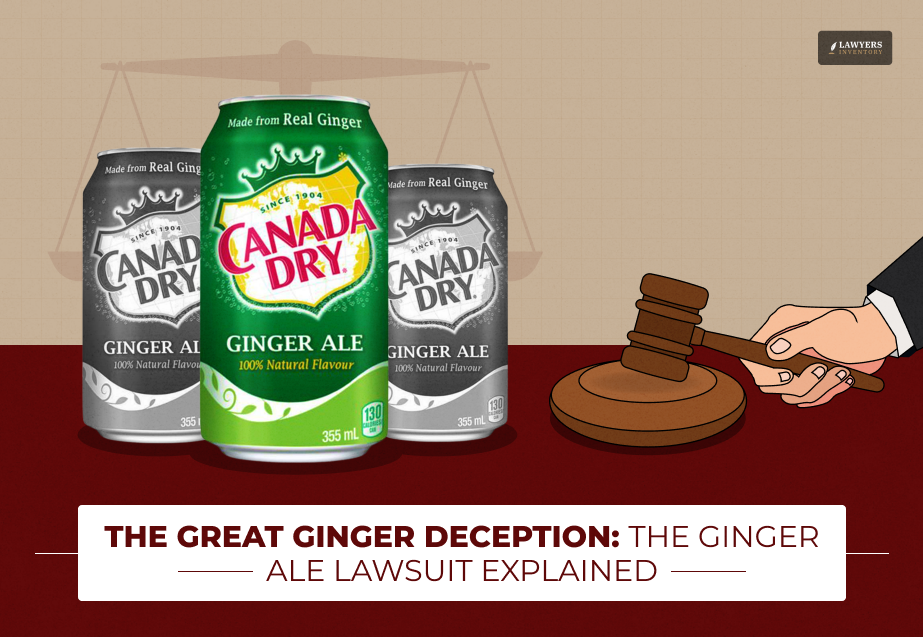
Ginger ale is, in fact, the default solution for most Americans when they experience stomach upset. This follows the old assumption that real ginger has medicinal benefits. Beverage companies have been profiting from such consumer assumptions for decades. However, a series of lawsuits shows consumers were, in fact, intentionally misled.
This ongoing lawsuit, popularly known as the ginger ale lawsuit, has in its crosshairs major producers like Keurig Dr Pepper (Canada Dry), among others. The basic complaint is simple: the beverages are not what they claim to be. The ginger ale lawsuit maintains that these sodas do not have a substantial amount of ginger in them.
They instead incorporate chemical substitutes and artificial flavoring. This ultimate guide covers the full scope of the ginger ale lawsuit. It outlines the legal concepts and the future of food labeling in the U.S., with the implications. The outcome of the ginger ale case will create a new standard for disclosure.
Background- Advertising vs. The Ingredient List
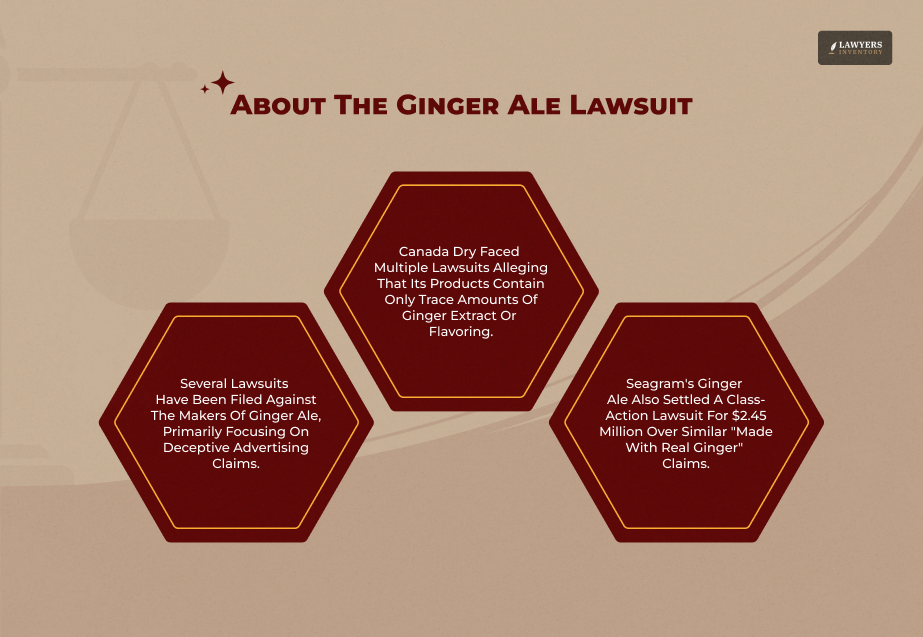
The marketing of ginger ale directly relates to the therapeutic qualities of the product, either actual or perceived. Brands have for years put “Made with Real Ginger” or “Natural Flavor” on the labels.
They premium-priced these products. Consumers paid more, believing that they were purchasing a superior, naturally flavored beverage. The ginger ale lawsuit alleges that this was an intentional effort to deceive.
The Marketing Of Ginger Ale
The advertisements targeted consumers seeking wellness. The brands suggested that their drinks could calm nausea or aid digestion. This suggested health benefit differentiated ginger ale from standard sodas. In fact, the public generally used ginger ale as a home remedy.
The ginger ale lawsuit uses this suggested health benefit as proof of consumer deception. The allegation is that the advertising created an expectation of quality that was simply not present in the can.
What Laboratory Tests Have Shown
Most incriminating in the ginger ale lawsuit is scientific testing. Plaintiffs ordered independent laboratory tests. Those tests showed that the amount of ginger was usually insignificant, sometimes microscopic.
The flavor profile depended on highly processed ingredients instead. One of the crucial chemicals found in the ginger ale lawsuit pleadings is dl-malic acid. The synthetic substance replicates ginger’s tartness. It is cheaper and more consistent than depending on actual ginger root.
So, the “ginger” taste is manufactured, not natural. This utilization of manufactured synthetic chemicals is in direct contrast to the public health image that the companies project. This finding solidified the foundation of the class action lawsuit Ginger Ale.
Key Cases And The Legal Timeline
The ginger ale lawsuit is a continuing series of lawsuits. It began with an initial settlement that paved the way for the current litigation.
Previous Precedent- The 2020 Canada Dry Settlement
The first significant victory for consumers came in 2020. Keurig Dr Pepper (KDP), the owner of Canada Dry, came to a substantial settlement. This settlement concluded a large Canada Dry ginger ale lawsuit covering consumers in many states. Fox News reported that KDP paid out millions to consumers.
Perhaps most significantly, KDP also agreed to remove the phrase “Made with Real Ginger” from all US packaging.
They had to change the label immediately. There was no admission of wrongdoing in this settlement. It simply made the financial and logistical need to change the labeling mandatory.
Recent Lawsuits Continue The Fight
Despite the 2020 settlement, newer lawsuits continue to target KDP along with other competitors like Schweppes (owned by Keurig Dr Pepper internationally and by the Coca-Cola Company in the US). Newer actions like to target the remaining “Natural Flavor” language. They believe that this is still deceptive.
Key recent filings, such as the Elliot v. Keurig Dr Pepper and Webb v. Coca-Cola cases, keep the focus keyword in the news. The ginger ale lawsuit is an active, ongoing litigation in multiple jurisdictions.
Legal Theories & Claims Raised
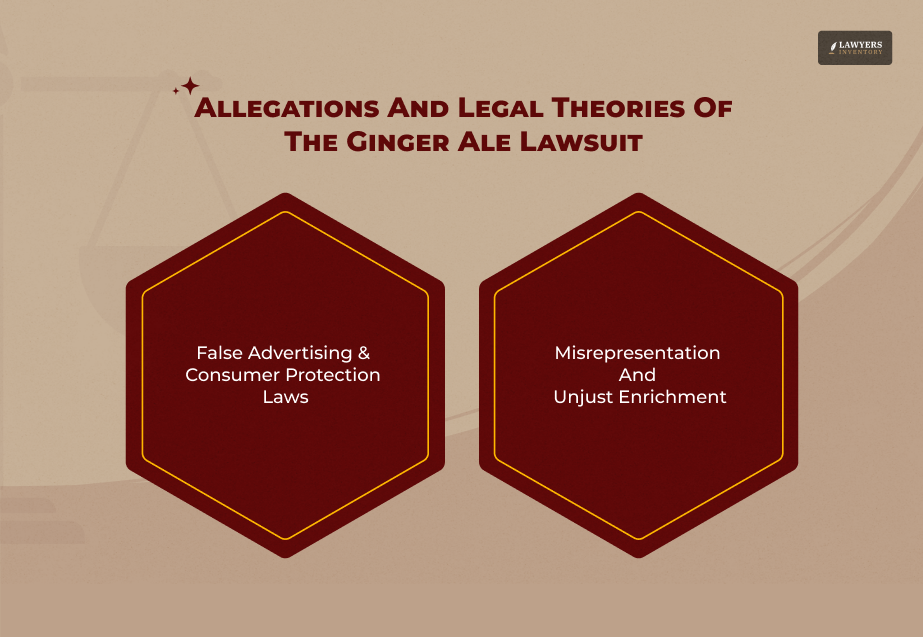
Plaintiffs employ federal and state consumer protection statutes to support their claims in the ginger ale lawsuit.
False Advertising & Consumer Protection Laws
This is the strongest legal pillar of the ginger ale case. Plaintiffs argue that the advertising violates state Consumer Protection Acts (CPAs). These laws render it unlawful for companies to utilize false statements to promote their products.
When these companies claim “Made with Real Ginger” and they only add an infinitesimal, non-beneficial amount, such a statement is materially false. It impacts the consumer’s buying decision.
Furthermore, the False Advertising claim carries over to the price. The customers paid a premium price founded upon a lie.
Misrepresentation And Unjust Enrichment
There are also claims of Misrepresentation and Unjust Enrichment in the ginger ale litigation.
1. Misrepresentation
This alleges the company knowingly made false statements regarding what is in the product on the label.
2. Unfair Enrichment
This charges the drink company with being unfairly enriched. They benefited from a price premium that they imposed based on the false claim. The lawsuit seeks to have this profit returned to the consumers who were economically harmed.
3. Product Liability And Duty Of Disclosure
Some of the complaints in the ginger ale case skirt product liability notions. The inability to disclose the true nature of the flavorings is a breach of the duty of disclosure.
Consumers desire producers to be honest with them. When a product is labeled in such a way as to imply a health benefit that it cannot deliver, the producer breaches this implied promise.
Defendant’s Likely Defenses & Challenges
The defendants, including Coca-Cola and Keurig Dr Pepper, are mounting vigorous legal defenses for the ginger ale lawsuit. Their defenses invariably hinge on the ambiguity of US labeling regulations.
1. “Natural Flavor Litigation”
The initial defense relies on the FDA’s ambiguous definition of “natural flavor”. The FDA regards it as a substance derived from a natural source (e.g., a spice or a fruit). This definition is very broad.
Defendants argue that as long as they contain some minute amount of ginger extract, they are within the law. According to the U.S. FDA Guidance, the lawsuit over ginger ale must overcome this defense by showing that the overall marketing message, not the technical list of ingredients necessarily, was deceptive.
2. Proving Consumer Deception And Reliance
The defense argues that consumers do not reasonably rely on ginger ale for medicinal purposes. They claim that ginger ale is clearly a soft drink, filled with sugar. For this, no consumer in their right mind would believe it to be a therapeutic health product.
Proving consumer deception for hundreds of thousands of consumers is always the biggest hurdle for any class action lawsuit ginger ale.
The companies use the presence of sugar and high-fructose corn syrup on the ingredients list as proof of failure on the consumer’s part to exercise due diligence.
Regulatory & International Standards
The ginger ale case points to a gap in U.S. food labeling law. The rules on “natural” are much stricter in other industrialized markets.
1. U.S. FDA Guidance vs. International Rules
The U.S. Food and Drug Administration (FDA) has consistently refused to give a specific regulatory definition of the term “natural.” The vagueness is what facilitated the aggressive labeling with terms like “Made with Real Ginger” by firms.
Authorities in the European Union (EU) and Canada have clearer, restrictive labeling laws. The Canada Dry ginger ale lawsuit in Canada was based because Canadian law requires companies to adhere to a higher standard of literal truth in advertising.
The global contrast demonstrates the inadequacy of US standards that the ginger ale lawsuit attempts to remedy.
2. Consumer Impact & Claim Mechanics
The ginger ale settlement primarily affects consumers who bought the product. The process of claims can be straightforward once a settlement is reached.
What Consumers Alleged And Sought
Consumers alleged they paid a premium price for a deceptively labeled product. They sought two primary forms of relief.
1. Monetary Refunds
Payments reimburse consumers for the economic harm. Consumers typically receive a few dollars per product bought, with a maximum amount (e.g., $40 or $60) per household.
2. Injunctive Relief
This refers to the fact that the company must stop the deceptive practice right away. The injunctive relief secured in the 2020 settlement, the removal of the “Made with Real Ginger” language, is perhaps the most important outcome of the ginger ale litigation.
Read Also: Chobani Lawsuit: Legal Implications And Consumer Ramifications
How To Join And Get Payouts?
After a class action lawsuit ginger ale has been settled, the court appoints a third-party administrator. The administrator sends official notices by mail or publishes them widely. If you believe you qualify, you will have to submit a simple online claim form by the deadline.
You usually don’t need a receipt for small claims. If the settlement is approved, you automatically receive a check. According to ClassAction.org, consumers can periodically check reputable legal settlement websites for updates on the ginger ale lawsuit.
What’s Next & Implications For The Soft Drink Industry?
The ginger ale lawsuit is setting a clear precedent that the entire beverage industry must now follow.
What To Watch In The Courts?
The next significant step to follow is the pending lawsuit against the remaining “Natural Flavor” claims. If a court finds that even the term “Natural Flavor” is deceptive when the flavor is replicated chemically, the floodgates will be opened for further lawsuits against nearly all soft drink producers.
Later rulings in the ginger ale case will set the legal threshold for consumer reliance.
Implications For The Soft Drink Industry
The most significant implication for businesses is the risk of label lawsuits. The ginger ale lawsuit forces all beverage companies to reconsider their marketing language. Businesses moving forward must choose between using costly, verifiable ingredients or absolutely accurate, less marketable language.
This shift promotes transparency. It protects consumers by mandating that product labels align with the product’s actual composition. This pressure from the present ginger ale lawsuit is a victory for consumer rights.
Artificial Flavor Misbranding- The Big No
The general natural flavor lawsuits targeted leading manufacturers, particularly the prominent Canada Dry lawsuit and companion Schweppes Ginger Ale lawsuit for general artificial flavor misbranding. These cases are excellent examples of a class action beverage strategy that challenges “real ginger” ingredient statements.
Plaintiffs alleged the companies were using misleading beverage marketing practices, utilizing trace extracts and chemical compounds like dl‑malic acid in soft drinks to create the perceived taste, rather than utilizing substantial amounts of the root.
This ultimately turned the cases into consumer protection food labeling laws and complex issues of product liability in food & beverage. This typically ended up in a substantial money settlement in class action settlements to compensate consumers for the financial harm from false advertising beverages.
Frequently Asked Questions (FAQs):
The ginger ale lawsuit serves as a stark reminder that false advertising does have real-world dollar consequences. Consumers were able to call for honesty, forcing the world’s one of largest beverage companies to permanently change its labeling policy.
Ans. You’re likely eligible if you purchased Canada Dry Ginger Ale in a state or during a period covered by the settlement or ongoing litigation. You don’t typically need to retain old receipts. The class action lawsuit ginger ale defines the purchase period and maximum refunds per household.
Ans. No. When they settled the Canada dry ginger ale lawsuit, the company expressly denied wrongdoing or fault. They settled to avoid the huge cost and risk of a prolonged trial.
Ans. The most significant result of the ginger ale lawsuit is the complete removal of the “Made with Real Ginger” description from Canada Dry packaging across the United States. This forces the company to be more transparent about the product’s ingredients and flavoring.
Read Also:
- Sierra Mist Lawsuit: Did PepsiCo Really Clash with Influencer Over Identity Theft?
- Celsius Lawsuit: Energy Drink Under Legal Speculations by Investors for Misleading Them
- Prime Hydration’s Forever Chemicals Lawsuit: Should You Expect a Settlement Anytime Soon?



![Roblox Class Action Lawsuit: Who Can Help You & What To Do? [Complete Legal Guide]](https://lawyersinventory.com/wp-content/uploads/2026/02/roblox-class-action-lawsuit-100x100.png)


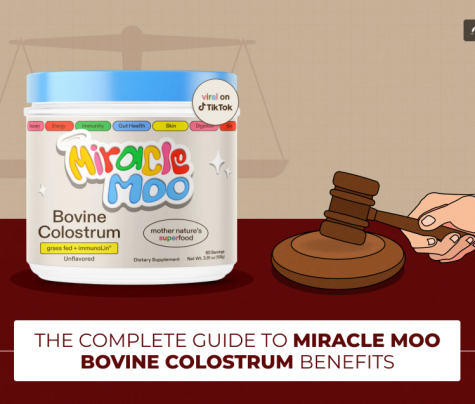
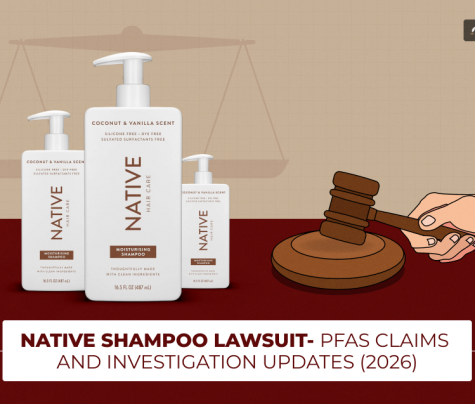




0 Reply
No comments yet.